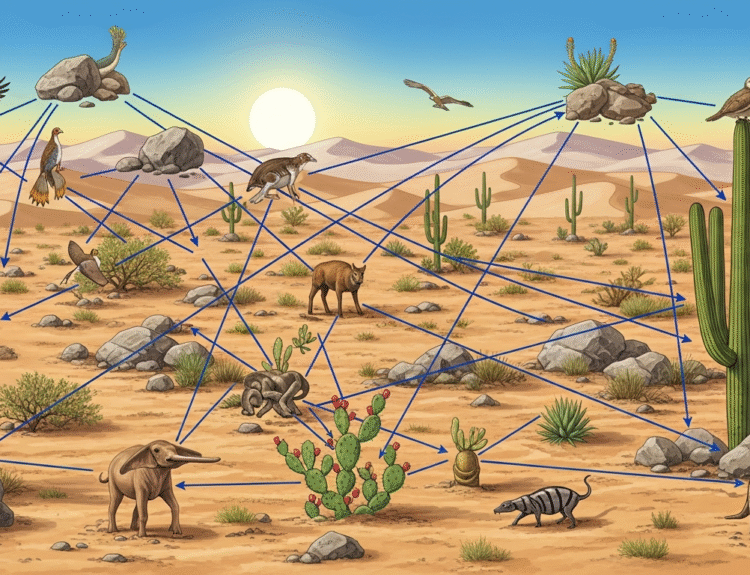Introduction
On April 22, 2025, a devastating terrorist attack in Pahalgam, Indian-administered Kashmir, resulted in the deaths of 26 individuals, primarily Hindu tourists. This tragedy has significantly impacted Indian Prime Minister Narendra Modi’s political standing, both domestically and internationally. You know about theglobespot, andaazdaily, openrendz and pak india tension also Buzzfeed.The incident has intensified the longstanding tensions between India and Pakistan, drawing global attention to the region’s volatile security situation.Latest news & breaking headlines+3Financial Times+3The Washington Post+3
The Pahalgam Attack: A Detailed Overview
Pahalgam, a picturesque town known for its scenic beauty and as a base for the annual Amarnath pilgrimage, was the site of a brutal assault by gunmen on April 22. The attackers targeted a group of tourists, resulting in 26 fatalities and 17 injuries. The attack’s execution, including reports of execution-style shootings and victims being selected based on religion, has drawn comparisons to the 2008 Mumbai attacks. AP NewsFinancial Times
Indian authorities suspect involvement from militant groups operating from Pakistan, particularly Lashkar-e-Taiba. In response, India has taken several punitive measures, including suspending the 1960 Indus Waters Treaty, expelling Pakistani diplomats, and closing its main border crossing. Pakistan has denied any involvement and retaliated by suspending the 1972 Simla Agreement, escalating the diplomatic standoff. Latest news & breaking headlinesFinancial Times+2The Guardian+2Latest news & breaking headlines+2
Modi’s Political Setback
The Pahalgam attack has dealt a significant blow to Prime Minister Modi’s image. Previously, Modi’s administration had emphasized the restoration of normalcy and security in Kashmir, portraying the region as a model of development. However, the attack has shattered this narrative, leading to widespread criticism of his government’s handling of security and counterterrorism efforts. Financial Times+2The Guardian+2Latest news & breaking headlines+2
Domestically, the incident has fueled public outrage, with calls for decisive action against those responsible. Internationally, Modi faces pressure to balance a firm response with the need to avoid escalating tensions with Pakistan, a nuclear-armed neighbor. Analysts suggest that Modi may pursue symbolic or limited actions rather than full-scale military retaliation, referencing past incidents like the 2019 Pulwama attack and subsequent Balakot airstrikes. The Guardian+1Latest news & breaking headlines+1
Diplomatic Fallout and Regional Implications
The diplomatic repercussions of the Pahalgam attack have been swift and severe. India’s suspension of the Indus Waters Treaty and expulsion of Pakistani diplomats have strained bilateral relations to their lowest point in years. Pakistan’s retaliatory suspension of the Simla Agreement further complicates efforts to de-escalate tensions. The international community has expressed concern over the potential for conflict between the two nuclear-armed nations, urging restraint and dialogue. Latest news & breaking headlines+1The Guardian+1The Guardian
The incident has also had a significant impact on the region’s tourism industry. Pahalgam, once a popular destination for pilgrims and tourists, has witnessed a mass exodus of visitors following the attack. The decline in tourism has affected local businesses and the economy, which had begun to recover after years of unrest. The attack has underscored the fragile security situation in Kashmir, deterring potential visitors and investors. AP News
The Path Forward: Prospects for Peace
In the aftermath of the Pahalgam attack, both India and Pakistan face critical decisions regarding their future relations. Prime Minister Modi’s government must navigate domestic pressures for a strong response while avoiding actions that could lead to further escalation. Similarly, Pakistan must address concerns over militancy within its borders and demonstrate a commitment to counterterrorism efforts.
International actors, including the United Nations and neighboring countries, have a role to play in facilitating dialogue and promoting peace. Efforts should focus on confidence-building measures, resumption of bilateral talks, and addressing the underlying issues fueling the conflict. The Pahalgam attack serves as a stark reminder of the volatility of the Kashmir dispute and the urgent need for a comprehensive and lasting resolution.
Conclusion
The Pahalgam attack has not only resulted in tragic loss of life but has also significantly altered the geopolitical landscape of South Asia. Prime Minister Modi’s political standing has been compromised, and the diplomatic rift between India and Pakistan has deepened. The international community must remain engaged, encouraging both nations to pursue dialogue and peaceful coexistence. The path to peace in Kashmir is fraught with challenges, but the pursuit of stability and reconciliation remains imperative for the region’s future.


